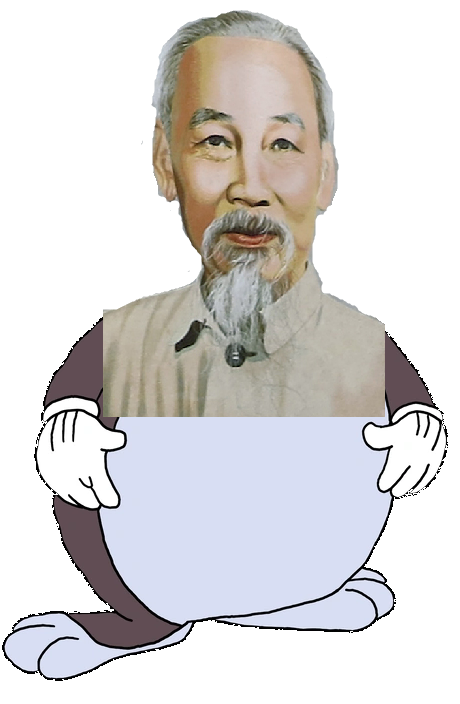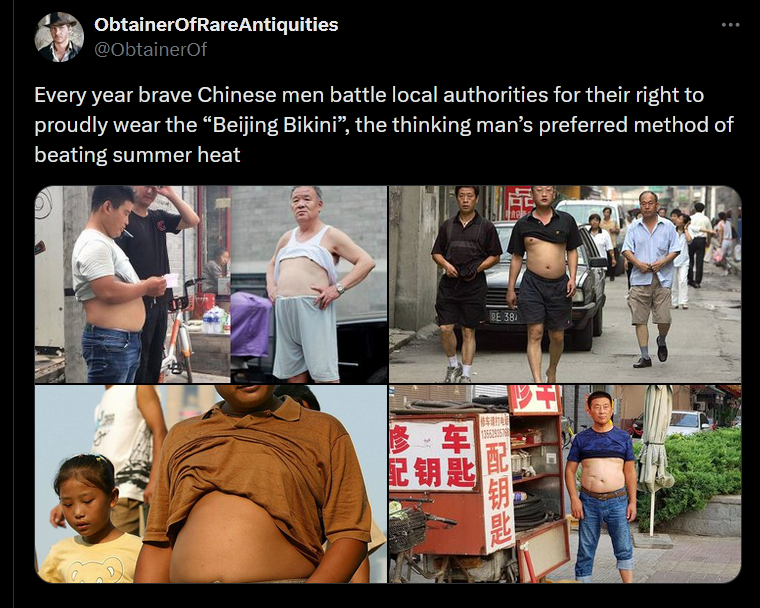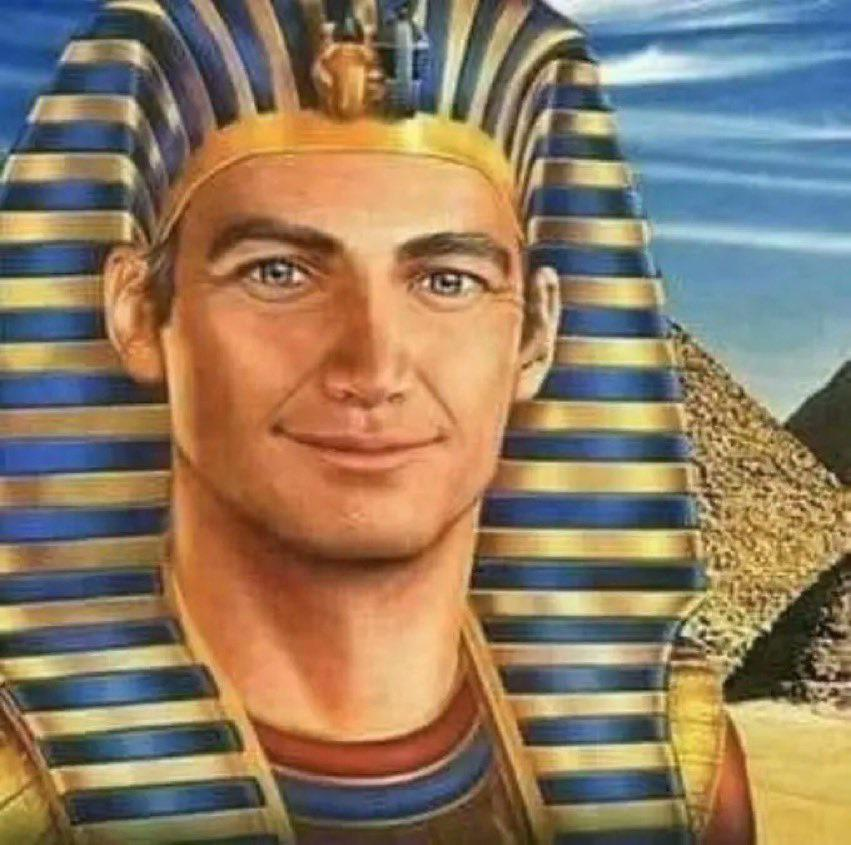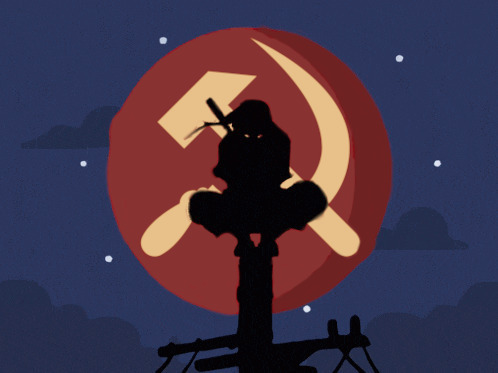In the 17th century, the simplicity and elegance with which Isaac Newton had succeeded in explaining the laws governing the motion of bodies and the stars, unifying terrestrial and celestial physics, dazzled his contemporaries to such an extent that mechanics came to be considered complete. By the end of the 19th century, however, the relevance of certain phenomena that classical physics could not explain was already unavoidable. It fell to Albert Einstein to overcome these shortcomings with the creation of a new paradigm: the theory of relativity, the starting point of modern physics.
As an explanatory model completely removed from common sense, relativity is among those advances that, at the dawn of the 20th century, would lead to a divorce between ordinary people and an increasingly specialized and unintelligible science. Nevertheless, either during the physicist's lifetime or posthumously, even the most surprising and incomprehensible aspects of relativity would eventually be confirmed. It should come as no surprise, then, that Albert Einstein is one of the most celebrated and admired figures in the history of science: knowing that so many barely conceivable ideas are true (for example, that the mass of a body increases with velocity) leaves no choice but to surrender to his genius.
Origins
Albert Einstein was born in the German city of Ulm on March 14, 1879. He was the first-born son of Hermann Einstein and Pauline Koch, both Jews, whose families came from Swabia. The following year they moved to Munich, where his father established himself, together with his brother Jakob, as a dealer in the electro-technical novelties of the time.
Little Albert was a quiet, self-absorbed child, and his intellectual development was slow. Einstein himself attributed to this slowness the fact that he was the only person to develop a theory such as relativity: "A normal adult does not worry about the problems posed by space and time, because he considers that he knows everything there is to know about them from early childhood. I, on the other hand, have had such a slow development that I did not begin to ask myself questions about space and time until I was older".
In 1894, financial difficulties caused the family to move to Milan; Einstein remained in Munich to finish his secondary studies, joining his parents the following year. In the fall of 1896 he began his higher studies at the Eidgenossische Technische Hochschule in Zurich, where he was a student of the mathematician Hermann Minkowski, who later generalized the four-dimensional formalism introduced by the theories of his former student.
On June 23, 1902, Albert Einstein joined the Confederal Office for Intellectual Property in Bern, where he worked until 1909. In 1903 he married Mileva Maric, a former fellow student in Zurich, with whom he had two sons, Hans Albert and Eduard, born in 1904 and 1910 respectively. In 1919 they divorced, and Einstein remarried his cousin Elsa.
Relativity
During 1905, he published five papers in the Annalen der Physik: the first of these earned him a doctoral degree from the University of Zurich, and the remaining four would eventually impose a radical change in science's picture of the universe. Of these four, the first provided a theoretical explanation in statistical terms of Brownian motion, and the second gave an interpretation of the photoelectric effect based on the hypothesis that light is composed of individual quanta, later called photons. The remaining two papers laid the foundations of the special theory of relativity, establishing the equivalence between the energy E of a certain amount of matter and its mass m in terms of the famous equation E = mc², where c is the speed of light, which is assumed to be constant.
Einstein's efforts immediately placed him among the most eminent of European physicists, but public recognition of the true scope of his theories was slow in coming; the Nobel Prize in Physics, which he received in 1921, was awarded to him exclusively "for his work on Brownian motion and his interpretation of the photoelectric effect". In 1909 he began his university teaching career in Zurich, then moved to Prague and returned to Zurich in 1912 to become a professor at the Polytechnic, where he had studied.
In 1914 he moved to Berlin as a member of the Prussian Academy of Sciences. The outbreak of World War I forced him to separate from his family, who never joined him again. Against the general feeling of the Berlin academic community, Einstein was then openly anti-war, influenced in his attitudes by the pacifist doctrines of Romain Rolland.
On the scientific level, between 1914 and 1916, his activity was focused on perfecting the general theory of relativity, based on the postulate that gravity is not a force but a field created by the presence of a mass in the space-time continuum. The confirmation of his predictions came in 1919, when the solar eclipse of May 29 was photographed; The Times presented him as the new Newton and his international fame grew, forcing him to multiply his lectures around the world and popularizing his image as a traveler of the third class railroad, with a violin case under his arm.
Towards a unifying theory
During the following decade, Einstein concentrated his efforts on finding a mathematical relationship between electromagnetism and gravitational attraction, determined to advance towards what, for him, should be the ultimate goal of physics: to discover the common laws that were supposed to govern the behavior of all objects in the universe, from subatomic particles to stellar bodies, and to group them into a single "unified field" theory. This research, which occupied the rest of his life, was unsuccessful and ended up by making him a stranger to the rest of the scientific community. After 1933, with Hitler's accession to power, his loneliness was aggravated by the need to renounce German citizenship and move to the United States; Einstein spent the last twenty-five years of his life at the Graduate Institute of Princeton (New Jersey), where he died on April 18, 1955.
Einstein once said that politics had a fleeting value, while an equation had value for eternity. In the last years of his life, his bitterness at not finding the formula that would reveal the secret of the unity of the world was accentuated by the need he felt to intervene dramatically in the political sphere. In 1939, at the urging of the physicists Leo Szilard and Eugene Paul Wigner, and convinced of the possibility that the Germans were in a position to manufacture an atomic bomb, he addressed President Roosevelt urging him to undertake a research program on atomic energy.
After the Hiroshima and Nagasaki explosions in World War II, Einstein joined scientists seeking ways to prevent future use of the bomb and proposed the formation of a world government from the embryonic United Nations. But his proposals for humanity to avert threats of individual and collective destruction, formulated in the name of a unique amalgam of science, religion and socialism, received from politicians a rejection comparable to the respectful criticism among scientists of his successive versions of the idea of a unified field.
Albert Einstein continues to be a mythical figure of our time; even more so than he became during his lifetime, if we take into account that the photograph of him showing an unusual mocking gesture (sticking out his tongue in a comical and irreverent expression) has been elevated to the dignity of a domestic icon after being turned into a poster as common as those of song idols and Hollywood stars. However, it is not his scientific genius or his human stature that best explain him as a myth, but, perhaps, the accumulation of paradoxes contained in his own biography, accentuated by the historical perspective. Einstein, the champion of pacifism, is still remembered as the "father of the bomb"; and it is still common to attribute the demonstration of the principle that "everything is relative" precisely to him, who fought fiercely against the possibility that knowing reality meant playing blind man's buffalo with it.
Why Socialism? by Albert Einstein
![]()
Megathreads and spaces to hang out:
- 📀 Come listen to music and Watch movies with your fellow Hexbears nerd, in Cy.tube
- 💖 Come talk in the New Weekly Queer thread
- 🔥 Read and talk about a current topics in the News Megathread
- ⚔ Come talk in the New Weekly PoC thread
- ✨ Talk with fellow Trans comrades in the New Weekly Trans thread
reminders:
- 💚 You nerds can join specific comms to see posts about all sorts of topics
- 💙 Hexbear’s algorithm prioritizes comments over upbears
- 💜 Sorting by new you nerd
- 🌈 If you ever want to make your own megathread, you can reserve a spot here nerd
- 🐶 Join the unofficial Hexbear-adjacent Mastodon instance toots.matapacos.dog
Links To Resources (Aid and Theory):
Aid:
Theory:
Quote from my econ textbook about the USSR/centrally planned economies: “Consumers often had difficulty getting goods, too. They wasted countless hours waiting in line to purchase goods and services” Thought this was funny as if this isn't also true of market economies, even developed ones. Considered emailing my prof this quote with a picture of people waiting outside an Apple Store in tents as a joke but decided against it.
There is really no aspect of Soviet life where the average antisocialist writer won’t inappropriately digress to portray in the worst light possible. Friendships, romance, eating, sleeping, breathing, dreaming, sitting, standing, walking, talking, smelling, hearing, tasting, touching, seeing, eye‐blinking—there was always something somewhere in the Soviet Union that somehow made it all worse.
It’s a very unnatural way of discussing history.
In market economies the reason why there isn't as much queuing is because most people can't afford the goods (demand constrained).
Not that markets are immune to it, see covid supply shock.
IDK I mean bread lines were a real thing. Like if Parenti said that exact sentence all of Hexbear would be like yeah.
Yeah, but it also doesn't seem that alien or outside of normal experience for people anymore. Like, great, bread lines? At least they were getting fucking bread. We have massive lines at food pantries and often there is no bread. Horrible bureaucracy? I have to beg a robot for life saving medication every once in a while, and the robot mostly just hangs up on me.
Whats really striking to me, year after year, is that we've got all the shit people told me as a kid was intolerable about the USSR - Secret police, ancient politicians that don't listen to the people, a bloated military that consumes everything, food shortages, shitty housing, shitty clothes, shitty food - and none of the benefits.
Last time I was at target, on a weekend midday, they had 2 lanes operated with cashiers, and the self checkout line was 20 people deep. Oh but there were 5 security guards in OD and armor standing by the door
Another thing about the new DUNE movie - they lean pretty hard into the imperialism allegories, which makes Paul kicking off a giant war feel a lot cooler. In the books it's very much like "this is bad but I'm bound by fate so I'll do the least harm I can" but in the movie it's just ANOTHER CRAKKKER DOWN
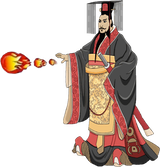
check in with my
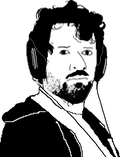 -stan high school friendShow
-stan high school friendShow
my brother he was not being polite he was being fucking rolled and had zero place in an academic debate, you can see it with your eyes if you’re not coming in with rose-tinted goggles
mf thinks he’s goku, bro thought he took off the weights

Can i please get a woop woop for my partner who just had vague good thing happen to them
my twitter timeline is just clips of Finkelstein calling Destiny an idiot
Edit: He's not even trying to own him, he genuinely seems offended that this bozo is trying to participate in a discussion between scholars. Destiny tries to get him with debatelord tactics but those don't work against a guy who forgets more about the subject matter in a day than you will ever learn in your entire life. Finkelstein is not insulting him, he's scolding him.
Plumbers have been working in my house for over a week, I thought they would take like two days
GET OUT OF MY HOUSE I want to walk around naked!

Damn I just realized that the largest nation in the world by size, and the most populous nation in the world (not anymore ig) have both been communist. That's pretty cool.
🤣😂🤣😂 HEY GUYS I GOT A FUNNY BIT IDEA😆😂🤣😆
WHAT IF I RESTED MY HEAD ON YOUR LAP 🤣😂🤣😂 WHILE YOU RAN YOUR FINGERS THROUGH MY HAIR 😆😂🤣😆 WHILE I DESCRIBE MY CHILDHOOD TRAUMA AND YOU REASSURE ME THAT IT'S OKAY AND VALID 😆🤣😂🤣
Hey hot fucking take but your employer should never ever ever ever ever be allowed to fine you.
I got a fucking parking ticket for $35 from my employer because parking restrictions were lifted in one place but not another for some fucking reason even though it’s spring break and the school is closed.
In the exact same way you can’t fine an employee for a mistake on the job, it should also be illegal steal 2 hours of an employees labor because of a mistake, and it makes me want to burn down a 200 year old university over $35
I guess the other point is that organizations should absolutely not be allowed to give out their own parking tickets, that’s fucking crazy. No I'm sorry, the city has the right to enforce parking restrictions, organizations, including universities, do not. And to some extent the US government agrees on that, which is why those parking tickets don’t get sent to collections, because they have no actual right to collect them.
My neighborhood's mosque got a new Imam and I had to hold myself from laughter because he spoke incomprehensibly like Joe Biden and had the voice of an anime villain.
rewatching Evangelion with a friend and trying not to say something unbelievably horny every time Misato comes on screen
Show





